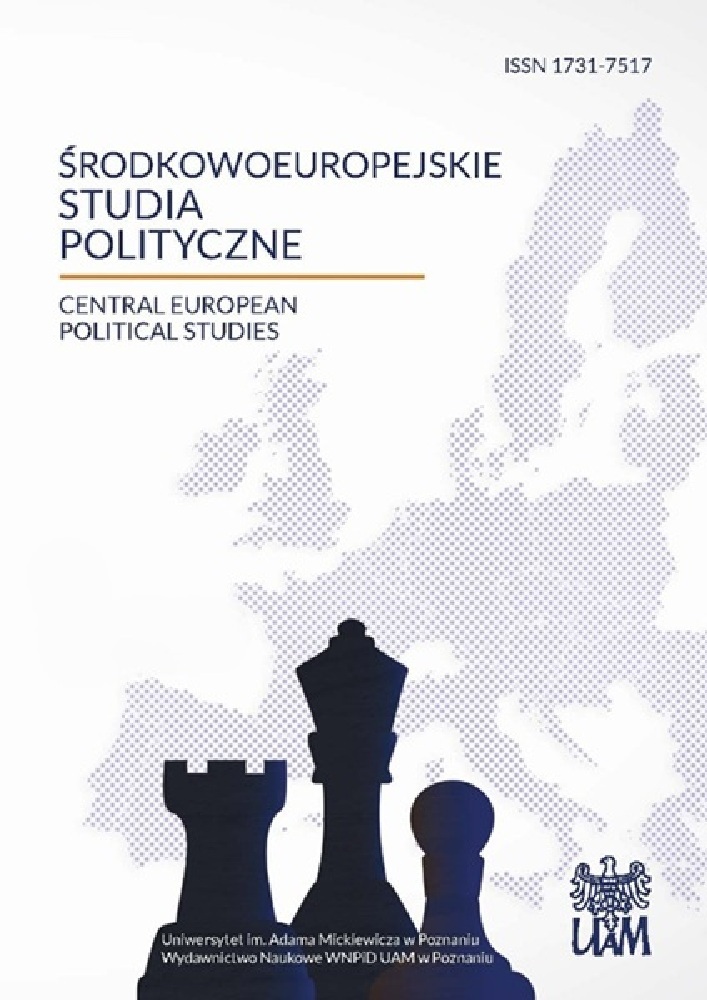Abstract
The paper discusses the issue of the legitimacy of power as one of the key factors to ensure the stability of government and the entire socio-political system of state. The starting point for the analysis is provided by the “neofunctional elitist paradigm” (as named by its creator) that has been developed for over thirty years by John Higley and his collaborators. According to this paradigm, an opportunity for efficient communication between the government elite and the most important opposition elite is one of the methods for creating a “consolidated democracy”, which, in the opinion of the authors of the paradigm, is the most desirable model of modern system of representative democracy. Further on in the paper, the history of the main issues related to the legitimacy and legitimization of power are presented using selected examples, primarily with reference to the main theoretical concepts of power and its legitimacy. The main part of the analysis concerns Poland and selected countries in this region, and the issue of whether it is justified to classify them as consolidated democracies. The author reminds of J. Higley’s opinion that Poland and Hungary witnessed negotiations between the representatives of the former, socialist elite and members of the opposition at the beginning of the process of political transformation. Owing to that, “consensual elites” emerged in both countries. The author also notes that the process of transformation in this part of Europe (and in particular in Poland) is, in a way, ‘traditionally’ assessed much more positively by political scientists and sociologists from the West than by the academics (let alone journalists and politicians) in Poland. This favorable assessment is exemplified by their including Poland in a group of a few countries with a “consolidated democracy”.License
Copyright
© 2012, Uniwersytet im. Adama Mickiewicza w Poznaniu, Wydawnictwo Naukowe Instytutu Nauk Politycznych i Dziennikarstwa
OPEN ACCESS
